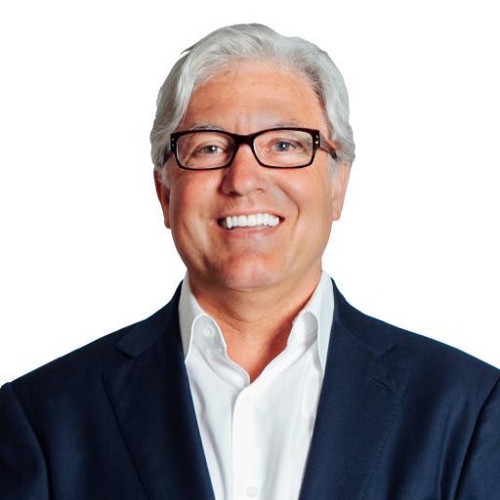Whatever your specific eating disorder or pattern of disordered eating, you will need to look back at yourself and your family relationships and come to some conclusions about where you came from and who you are now.
This look at yourself and your family must be done honestly, thoroughly, and without blame. So much of what was done in the past is set; it must be accepted for what it is and how it affects you today. If the result of this search stops at anger, resentment, and blame, it will only fuel your dysfunctional relationship with food. The goal is understanding, not retribution.
What is Your Parenting Style?
If you are a parent, it is wise to evaluate your parenting style and come to some conclusions as to its effectiveness with your children. Reviewing what you’re doing with your own kids can help you to remember what your parents did to you.
Look especially at how you respond under stress. It is in those moments that we are most apt to react with patterns we learned from our parents. How often have you reacted in anger to another family member, only to stop and realize you were acting just like one of your parents?
If, as a child, you learned improper skills from your own parents, you came into parenting at a disadvantage. Often, styles of parenting stretch back through several generations. The parenting skills used by your own mother and father may have been learned from their parents. It’s not easy to identify and modify these parenting cycles. Your own parents may have been doing their best, as they understood it.
The Child Who Absorbs Everything
Now, let’s talk about your children. The child who develops an eating disorder or an entrenched pattern of disordered eating is often the sponge of the family, absorbing and retaining all the toxic waste — the dysfunction — of the family.
- One son sees another being rebellious and vows to achieve perfection in order to make up for his brother’s behavior and to avoid the same harsh punishment his brother receives.
- A daughter sees disparity in the way she is treated versus her brother, and she inwardly begins to despise her femininity.
- A child within the family sees the way Mom responds to her own weight and, as a result, begins to equate body fat with self-loathing.
Usually, it is not the outwardly rebellious child in the family who develops an eating disorder or pattern of disordered eating. The demonstrative child has ample ways to communicate frustration, dissatisfaction, and even rage. The quiet child, however, does not overtly thwart the power structure but takes on responsibility for the woes of the family. The behavior with food acts as a squeezing mechanism when the sponge becomes painfully full.
Are Your Eating Patterns a Cry for Help?
There is another aspect of families that needs to be addressed. You may actually be using your eating disorder or your specific food behaviors and patterns to gain the attention of your family. If you suspect that might be the case, as yourself the following questions:
- What do I want my family to know?
- Why have I chosen this avenue of food, what other way would I choose to make myself heard?
- Why do I think that no one listens to me?
- What will I do if someone does listen?
- Am I willing to change how I use food in this way?
- Am I willing to continue with this behavior to take the focus off something else painful that is happening in my family?
Your eating patterns may have started as a way to deal with pain, frustration, anger, or loss, but they have a way of taking on a life all their own. There is only one way to defuse their ability to control you.
Take a minute to think about your family. If you have any pictures taken when you were growing up, get them. Take a long look at them and try to remember what it was like to be the child you were back then. Can you put yourself back into those pictures, feel what you were feeling then?
Authored by Dr. Gregory Jantz, founder of The Center • A Place of HOPE and author of 37 books. Pioneering whole-person care nearly 30 years ago, Dr. Jantz has dedicated his life’s work to creating possibilities for others, and helping people change their lives for good. The Center • A Place of HOPE, located on the Puget Sound in Edmonds, Washington, creates individualized programs to treat behavioral and mental health issues, including eating disorders, addiction, depression, anxiety and others.


